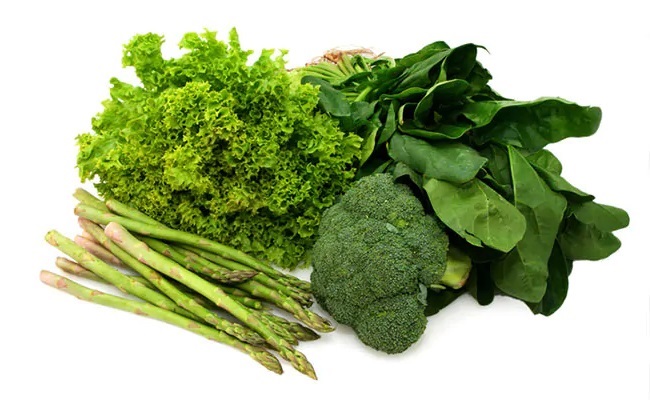Add These Vegetables In Your Low Carb Vegetables Diet
A diet rich in low carbohydrate vegetables is more effective for weight loss than low-fat diets. It’s successful because the body resorts to breaking down fat to make energy with these low carb vegetables diet.
What Is Low Carb Vegetable?
- Low-carb vegetables have lower sugar and low bounce content without compromising other essential minerals, vitamins, and nutrients.
- Low- carb vegetables can be eaten at any time, especially when you’re gaining too much weight.
- Most of the weight of the low carb is not astonished with good number of times for the best and more suitable command over hit and break with or without any diet permission with good working.
Benefits Of Low Carb Vegetables
- Low-carb vegetables have several benefits, including suppressing the appetite and being nutrient- thick.
- Carbohydrates or carbs are one of three main food types that the body needs to work duly. The other two are protein and fat.
- Carbs give the body energy. The body breaks carbs down to use incontinently or latterly.
- Nutritionists and health experts frequently suggest these low carbs foods to address specific health concern for every single individual.
- There are several low- carbs vegetables each around the world. Foods grandly in simple carbohydrates give the body an energy boost which doesn’t last long. Low- carbs vegetables give you enough energy to sustain yourself throughout the day.
There are some popular low carbs vegetables that have too much carbs.
Cucumber Summer Favorite

Cucumber is a veritably popular component in vegetable salad. It contains colorful essential nutrients and high water content. It’s rich in antioxidants that help fight free revolutionaries in the body.
Likewise, cucumbers have benefits outside the body as well. It serves colorful skin benefits; it eases sunburn pain and swelling when applied topically. Peeling the cucumber … See More


